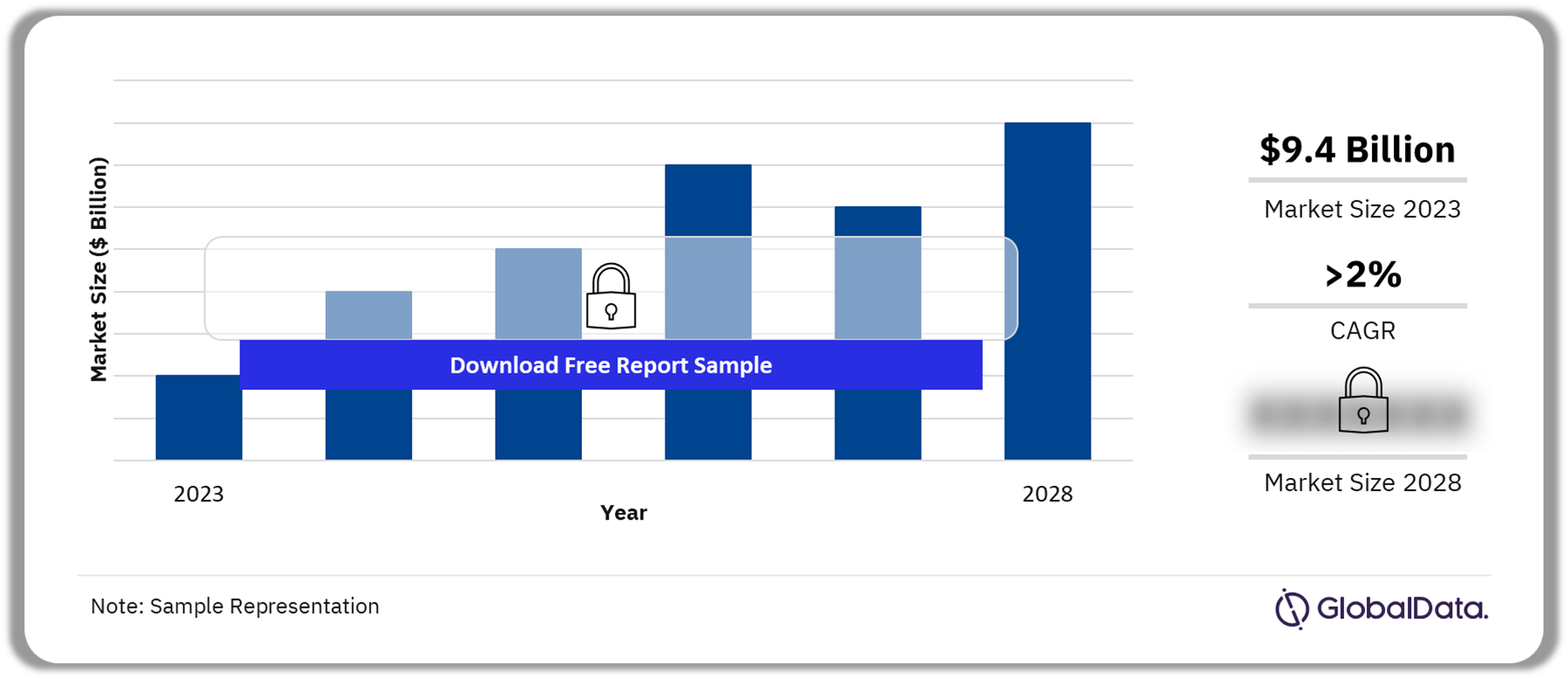South Africa, a country pulsating with vibrant energy and diverse landscapes, boasts a rapidly developing telecom services market. With mobile phone penetration exceeding 95% and internet usage on the rise, South Africa is experiencing a digital transformation that connects its people and unlocks new economic opportunities. South Africa Telecom Services Market This article delves into the current state, key drivers, challenges, and promising future of South Africa's telecom services market.
Market Overview and Growth Trajectory:
The South African telecom services market is projected to reach a value exceeding USD 10 billion by 2025 [1]. This impressive growth is fueled by several key factors:
- High Mobile Penetration: South Africa boasts one of the highest mobile penetration rates in Africa, with almost every citizen having access to a mobile phone.
- Data Consumption Boom: The growing demand for data-driven services like social media, video streaming, and mobile applications is driving data consumption.
- Government Initiatives: The South African government is actively promoting digital inclusion through initiatives like the National Broadband Plan and the allocation of additional spectrum for mobile operators.
- Evolving Regulatory Landscape: The Independent Communications Authority of South Africa (ICASA) is implementing regulations to foster competition, ensure fair pricing, and promote spectrum liberalization.
Market Segmentation and Key Players:
The South African telecom services market can be segmented by various factors:
- Service Type: Mobile voice, mobile data, fixed broadband internet, satellite communication, value-added services (VAS) like mobile money.
- Technology: 2G, 3G, 4G, and emerging 5G networks.
- Operator Type: Mobile Network Operators (MNOs) like Vodacom, MTN, Cell C, and Telkom (mobile).
Buy Full Report for More Service Insights on South Africa Telecom Services Market
Drivers and Opportunities:
- Mobile Money Revolution: Mobile money services like M-Pesa and MTN Mobile Money are enabling financial inclusion, allowing users to make convenient and secure transactions.
- The Rise of Fintech: The integration of telecom services with financial technology (Fintech) is creating innovative solutions like mobile banking and digital payments.
- E-commerce Growth: The rise of e-commerce platforms is creating a demand for reliable and affordable internet connectivity for both businesses and consumers.
- Focus on Enterprise Solutions: Telecom operators are developing tailored solutions for businesses, offering cloud services, data analytics, and enhanced connectivity options.
Challenges and Obstacles:
- Unequal Access: Despite high overall penetration, the digital divide persists, with rural and low-income areas having limited access to affordable and reliable telecom services.
- Infrastructure Constraints: The existing telecommunications infrastructure, particularly in rural regions, might not be sufficient to support growing data demands.
- Power Supply Issues: Unreliable power supply, especially in some rural areas, can disrupt telecom services and hinder internet connectivity.
- Spectrum Allocation and Pricing: Efficient allocation and competitive pricing of spectrum are crucial for promoting innovation and network deployment.
The Future of South Africa's Telecom Services Market:
The future of South Africa's telecom services market is expected to be shaped by the following trends:
- 5G Rollout and Network Expansion: The deployment of 5G networks will usher in an era of faster data speeds, enabling applications like virtual reality (VR) and the Internet of Things (IoT).
- Enhanced Customer Experience: Telecom operators will prioritize customer experience through personalized offerings, self-service options, and improved network quality.
- Cybersecurity Concerns: As data usage and online activity increase, robust cybersecurity measures will be essential to protect users and ensure a safe digital environment.
- Focus on Sustainability: Telecom operators will explore ways to reduce their environmental footprint through energy-efficient technologies and sustainable infrastructure development.
Conclusion:
South Africa's telecom services market is a dynamic and evolving space with immense potential for growth. By addressing the existing challenges, embracing technological advancements, and promoting equitable access, South Africa can build a future-proof telecom sector that empowers its citizens, drives economic development, and bridges the digital divide. As South Africa continues to connect its people and businesses, its robust telecom infrastructure will undoubtedly play a vital role in unlocking a brighter digital future.





